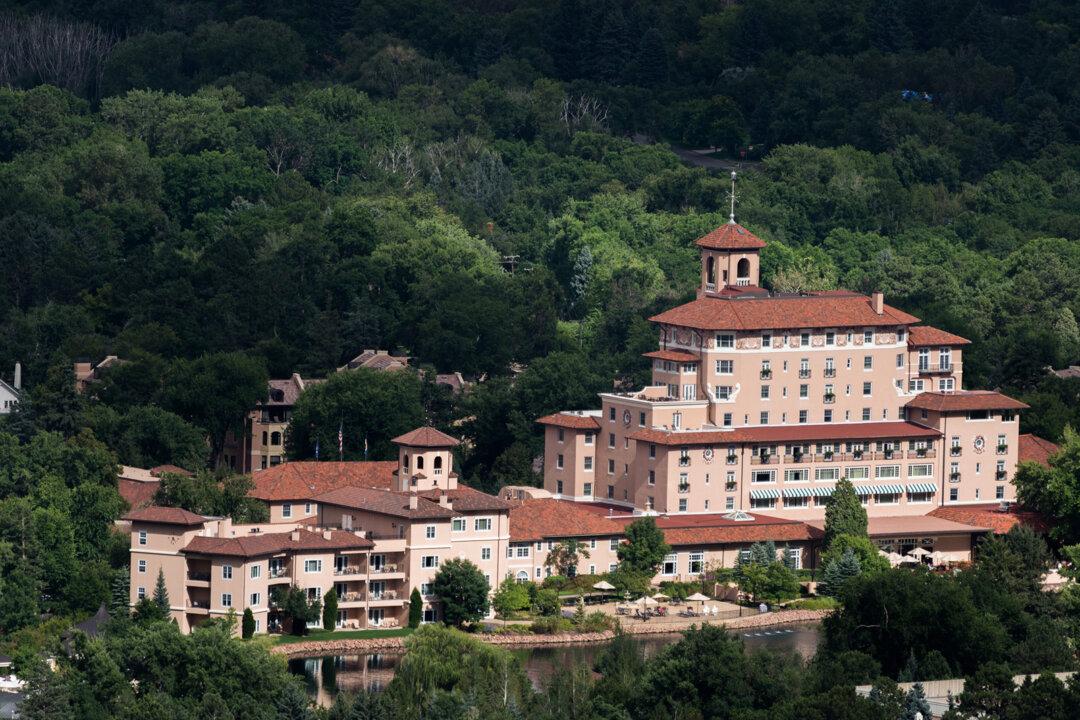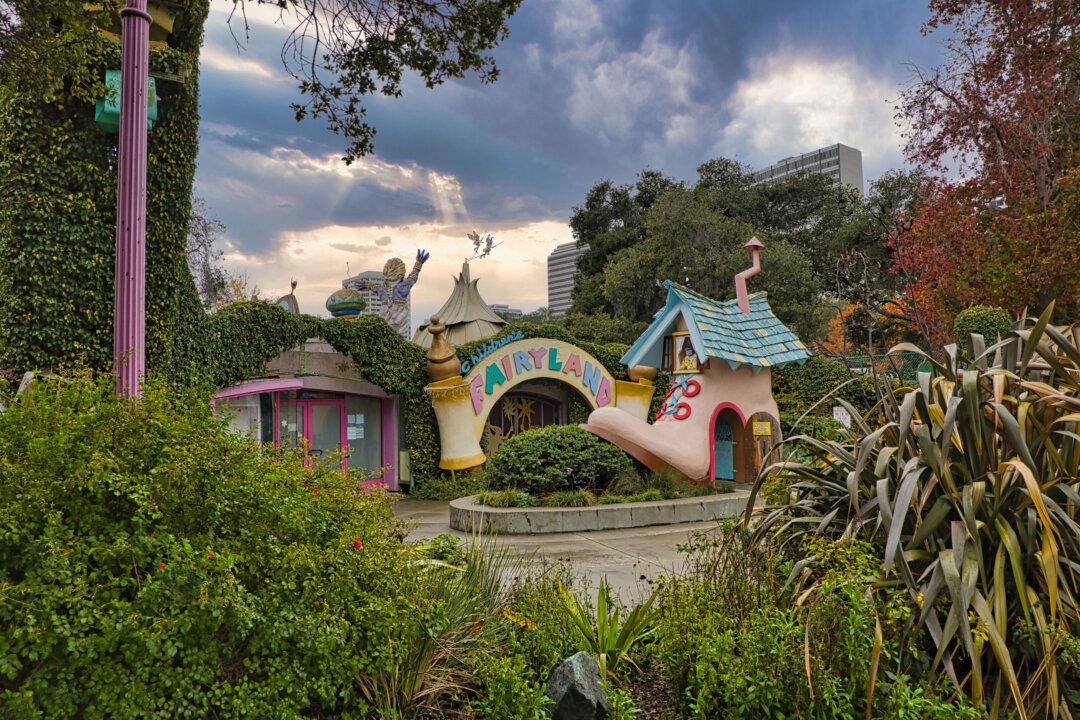It was only a matter of time before quiet luxury hit the travel world. Reflecting a chic tendency toward the inconspicuous, it’s already shown up nearly everywhere else, from fashion to furniture, sports cars to skin care.
Enter the unlisted suite, the secret accommodation that can be booked only by those who know it exists. Not only does it shun the customary online booking engine, it practically evades public awareness altogether. These suites are wiped from hotel websites and missing from search results—all but phantoms in the highly visible, over-Instagrammed universe of luxury stays.
Pricing is available only by direct inquiry, and you must really dig extremely to see a photograph, even a description, in any published format. In the past year, they’ve sprouted by the dozens.
Take Villa de France, the new Jacques Grange-designed five-bedroom suite at Cheval Blanc in St. Barts. It’s a palatial retreat so discreetly nestled in the resort’s flora, it’s nearly impossible to spot in real life. It’s also virtually impossible to find online. Snoop and scroll the hotel’s accommodations page deeply enough and you might come across a few details that confirm it exists, including mentions of the villa’s private spa and two infinity pools, but prospective guests get nary a clue about securing it for a night.






